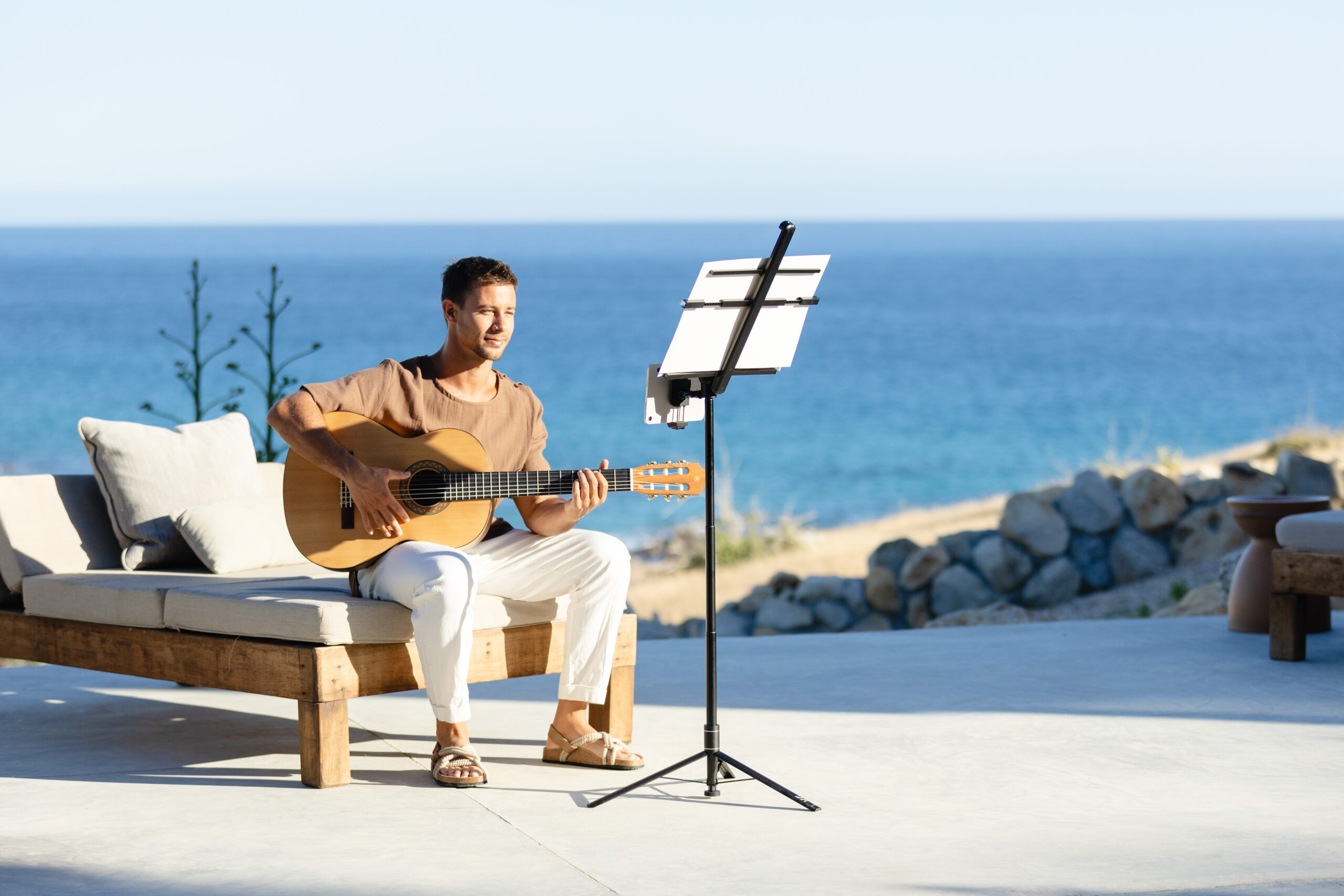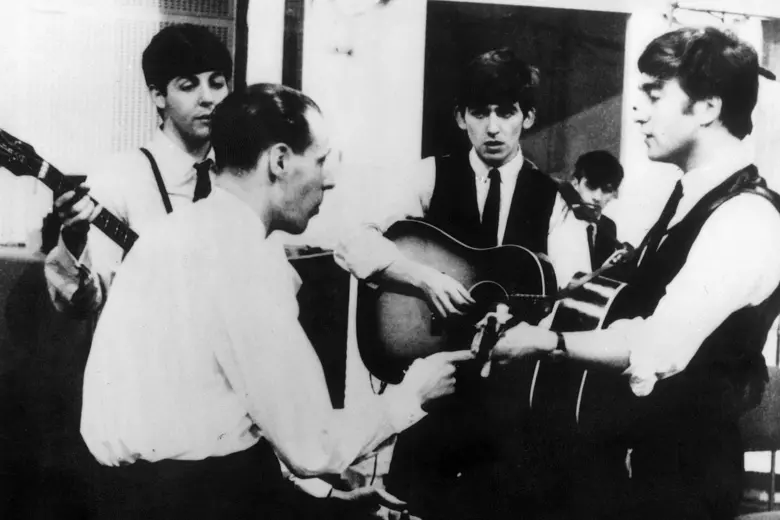Are you tired of looking for tabs on the internet for hours on end, in order to find one that’s exactly like the song you’re trying to learn, and that doesn’t have any mistakes in it? Have you ever spent weeks learning a song, just to find out you’ve learned it wrong? Here are some guitar tips to help you improve your hearing and overall guitar playing.
Unless you have the time and patience to find a correct tab version of a song, or the money to pay for professional sheet music (if you can find it!), why not save yourself a massive amount of time and money in the long run, and start using your ears more than your eyes?
Guitar Tip 1: Benefits of Transcribing Your Own Music
Tabs and sheet music can often be inaccurate and putting too much trust in them can lead to disappointment. With the right amount of training, your ears could become what they are meant to be to every musician – your most important tool! The first thing that’s really cool about having a well-trained ear, is that you can listen to almost any pop song and play it almost instantly. This is a really neat trick to impress the ladies, as well as anyone that asks “can you play this song?”. Just make them play you the song on their phone, and you’ll pretty much be able to play it to them in a couple of minutes.
Guitar Tip 2: Your Ears Tell You More Than Any Tab EVER Will
The second benefit is that you’ll never have to rely on charts or tabs again. Sure, it’s important to be able to sight read, and in an orchestral setting, for example sheet music is law. But unless you’re playing in an orchestra, or you’re in a studio session recording a newly written song, it’s either up to what you hear which can never be wrong. Or even what you see, which is wrong 80% of the time. Don’t get me wrong, how you interpret music can be wrong if your ear isn’t trained correctly. Hence, the people tabbing songs incorrectly, but music is listening and hearing, and music isn’t wrong.
As a teacher, I source the most accurate tabs of songs available and I almost always have to change them before giving them to my students. This is due to incorrect chord voicings, wrong notes in a riff/lick/solo, and notes being played in the most difficult positions imaginable.
The third benefit of ear training is that your improvisation skills will increase tremendously. No one will have to tell you what key the song is in, which scales to play over it, time signature or feel of the song ever again.
Guitar Tip 3: Training Your Ears
The first time I tried to learn a song purely by listening to it, it took me an hour just to get the first two bars, but with time, training and experience, it got a lot faster, easier and more accurate. In order to know what you’re listening to, you need to first know the theory behind it. Know your chord types, intervals, scales, rhythm theory, etc. Then start learning what they sound like – what are their characteristics? What makes them unique? Challenge yourself to start identifying the difference between the Harmonic Minor scale and the Melodic Minor scale. What’s the difference between a Major 9th chord, and a Major add9? The difference between a group of two dotted 8th notes and a normal 8th, as opposed to triplets?
It takes a lot of time and dedication and there is a lot to cover, so start simply and work your way up. In today’s world, information is so easily accessible and there is absolutely no excuse to not start training your ear today! There are endless amounts of books, apps and online courses available to help you with ear training and theory. The best way to learn, of course, is to ask your Guitar Excellence instructor to train your ear. Get clued up, and getting practicing.
Guitar Tips 4: Protecting Your Ears
The last and most important thing to mention is this: as a musician, your ears are undoubtedly your most important asset. You can’t hear music without your ears. That’s why it’s important to protect them. Ever drive home after a rock concert and your ears are ringing? That means that there are quite possibly frequencies you will never again. That’s right – ear damage is permanent! So next time you’re at a club, concert, in the practice room, go hunting, etc. wear ear plugs! You can’t transcribe music if you can’t hear half of the instrumentation because of hearing damage. This is especially important if you want to start a studio and become something of a producer. Your ability to hear different frequencies is invaluable. So invest in a pair of ear plugs, and plug up! We hope these guitar tips help you as a player and your hearing.




Comments (0)